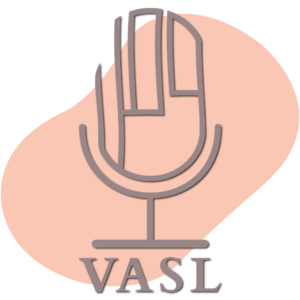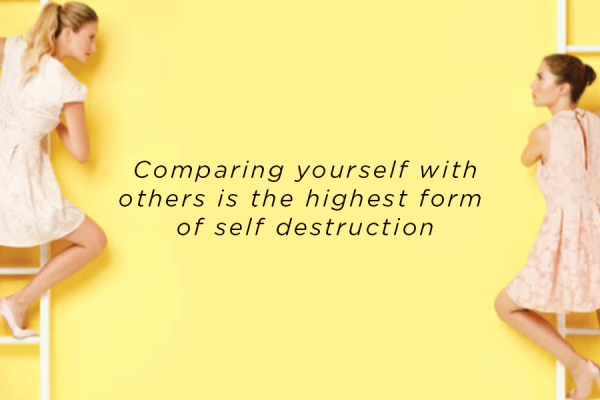Hi there! Today, I want to write about the common habit of comparing ourselves to others and why it’s often more productive to use ourselves as our own yardstick. But first…
Weekly Inventory Check
We’re well into September, the 9th month of the year, which means it’s a good time to reflect on our yearly or quarterly goals. If you set some ambitious new year’s resolutions that haven’t seen much action yet, take a moment to jot down why that might be. Was there a specific reason? Were they too lofty, or perhaps not as important as you thought? Just write, reflect, and rework on your commitment, if needed.
The Yardstick of Comparison
Recently, I’ve been heavily involved in training and coaching various groups across the Netherlands. I encountered individuals with vastly different levels of expertise and experience. One standout experience was training alongside a seasoned AI consultant with a Ph.D. He was incredibly knowledgeable, with years of industry experience. Meanwhile, I found myself sharing stories about my newborn daughter and how I meticulously recorded every aspect of her life as data for my parenting decisions. It felt like I couldn’t compare to his expertise, but that was okay because we were in different places in our lives.
Then, in another training session, I worked alongside an expert with decades of experience in data and AI consulting. His training sessions were like watching a well-conducted symphony. Smooth, poetic, and expertly tailored. I couldn’t help but compare myself to him, even though our journeys were entirely different.
Surprisingly, I also had the chance to witness a young working student conducting a training session. He did an excellent job, and I was impressed. However, I didn’t feel the same sense of comparison as I did with the more experienced consultants. It made me realize that comparing myself to others, regardless of their age or experience, was ultimately unproductive.
So, the point is, comparing yourself to others, especially those in entirely different situations, is often futile. Our journeys are unique, and trying to measure ourselves against someone else’s accomplishments can be discouraging. Instead, focus on using your own progress as your benchmark. By comparing yourself to the “you” from yesterday, you can track your growth and stay on the path you’ve chosen.
In our social circles, we often rely on rudimentary metrics like income, family size, popularity, or number of friends to compare ourselves to others. But these metrics are often irrelevant because everyone’s journey is different. When you use yourself as your yardstick, your comparison remains constant, and you can truly see your growth.
Remember, it’s not about turning into a productivity machine or constantly trying to outdo yourself. It’s about being in control of your own journey and trajectory. By regularly checking in with yourself, documenting your progress, and reflecting on your experiences, you gain the power to steer your life in the direction you desire. Knowledge truly is power, and the act of writing things down can be transformational.
So, do yourself a favor and stop the unproductive habit of comparing yourself to others. Focus on you, your journey, and your progress—it’s the most meaningful yardstick you’ll ever need.
Want More?
· This article talks about why it’s essential not to compare yourself to others and how you can stop doing it to lead a happier life.
· In this article, we explore the core reasons behind interpersonal comparisons, why we do it, why it causes us so much suffering, and what we can do about it.
· This article discusses how some social comparisons can be good and healthy for us, while it also explains why certain comparisons can be harmful to our well-being.
Read of the Week
While writing this newsletter, this book suddenly came to my mind which has brought a lot of improvement in my life. Comparisonitis: How to Stop Comparing Yourself To Others and Be Genuinely Happy by Melissa Ambrosini
Comparisonitis is a wonderful, honest book for one of the most real human experiences—comparing ourselves to others and feeling like we aren’t good enough. Melissa offers a real, practical approach to healing and realizing that we are worthy of the life that we desire.
Thoughts to leave you with
The main idea I want to emphasize is that it’s natural for us humans to compare ourselves. Maybe it started way back when people compared their land or the number of children they had to determine who was more successful. Later on, it extended to careers, like who had the fanciest title or the corner office.
But nowadays, I think the only person you should compare yourself to is yourself. Because only you truly know your own story. So, my advice is to write your own story, build your own path, and see where it takes you. There are no wrong decisions; there are only right ones and opportunities to learn from the not-so-right ones. So, whichever way you go, you can’t really go wrong. Remember: Every person is fighting a battle you don’t know about!
The Weekly Vasl Podcast
Our Episode on The Science of Happiness is out now! You can watch it below! Positive Psychology and mindfulness help to build resilience in the face of challenges and foster positive relationships in life, Join Ahad and Indre in today’s podcast where they not only discuss the science of happiness but also help in its integration into life with the help of simple exercises that can aid in enabling to live a more full life.
We also are on Spotify, Apple, Google, and wherever you listen!


